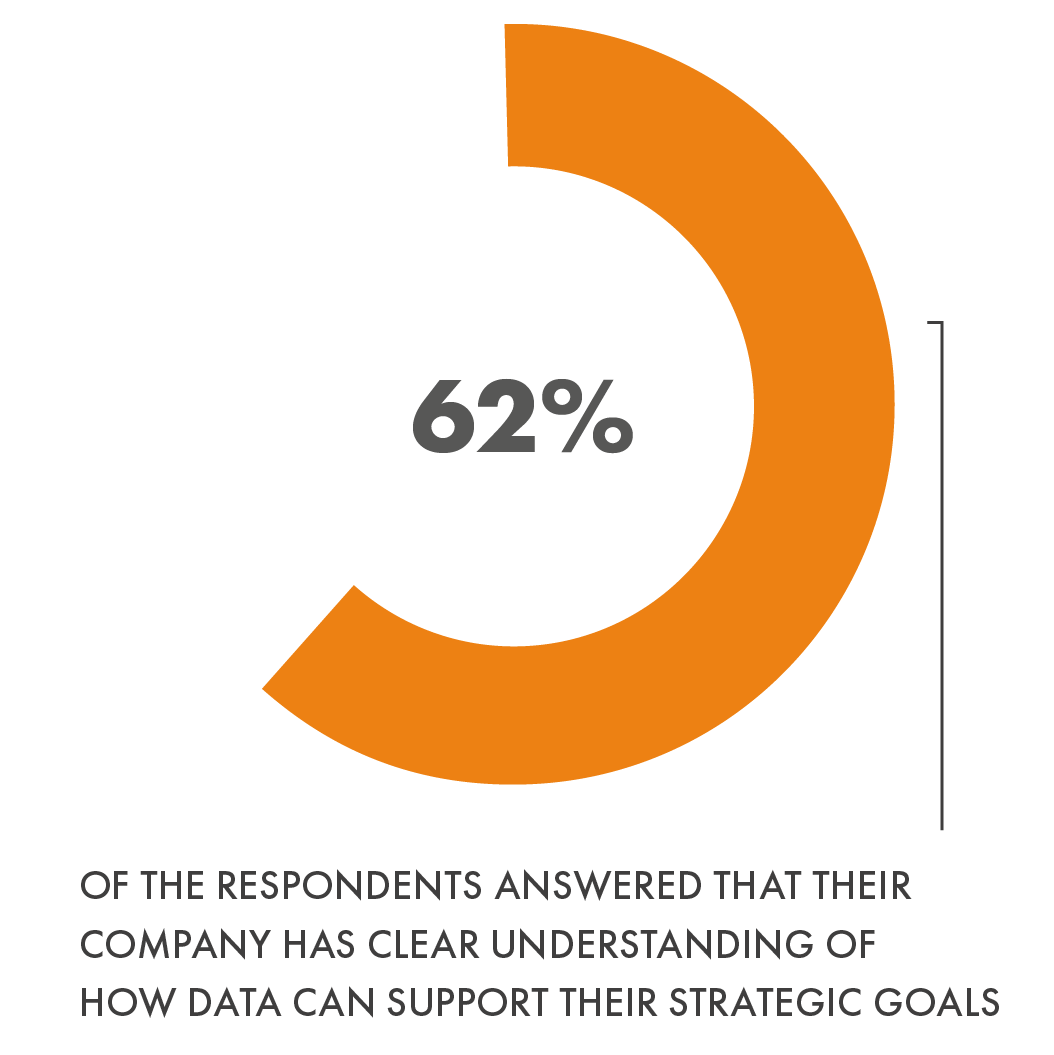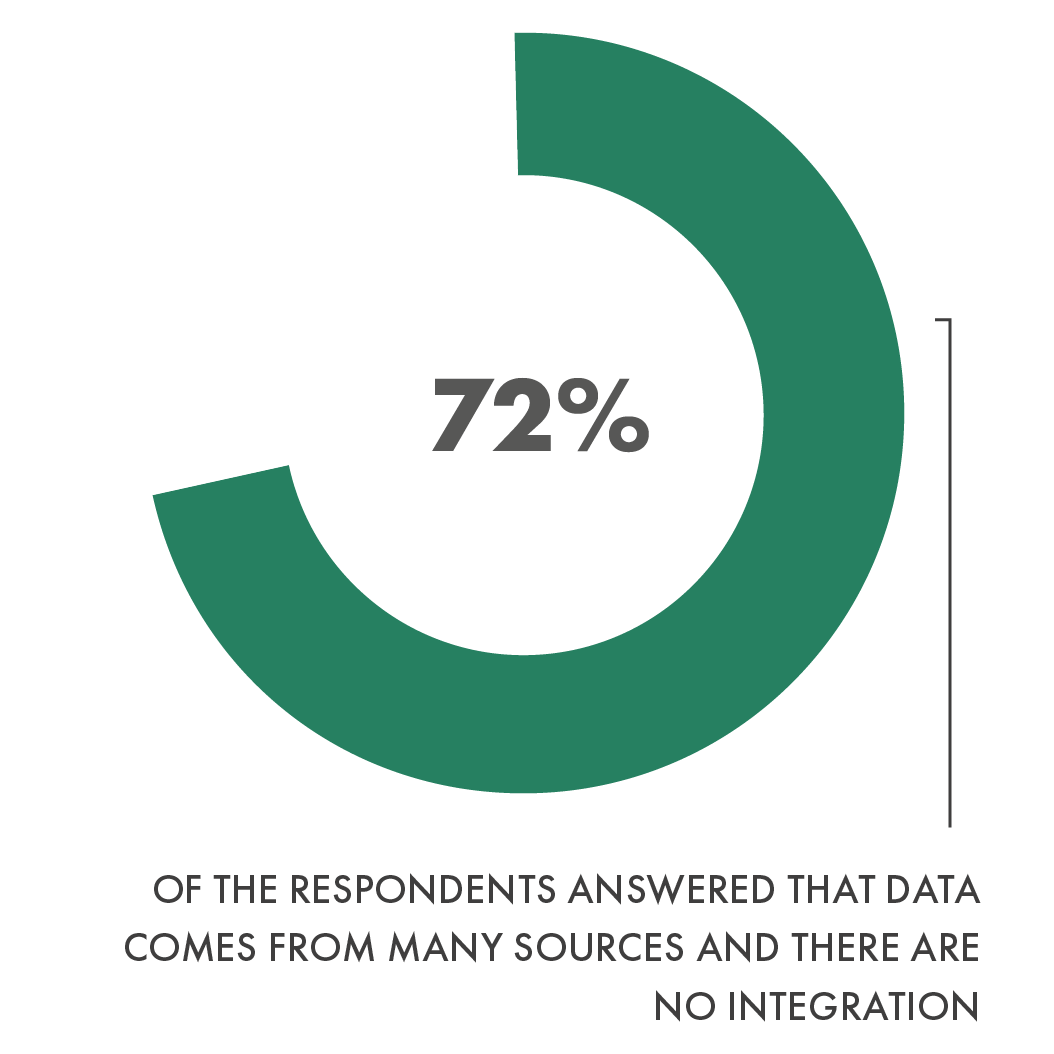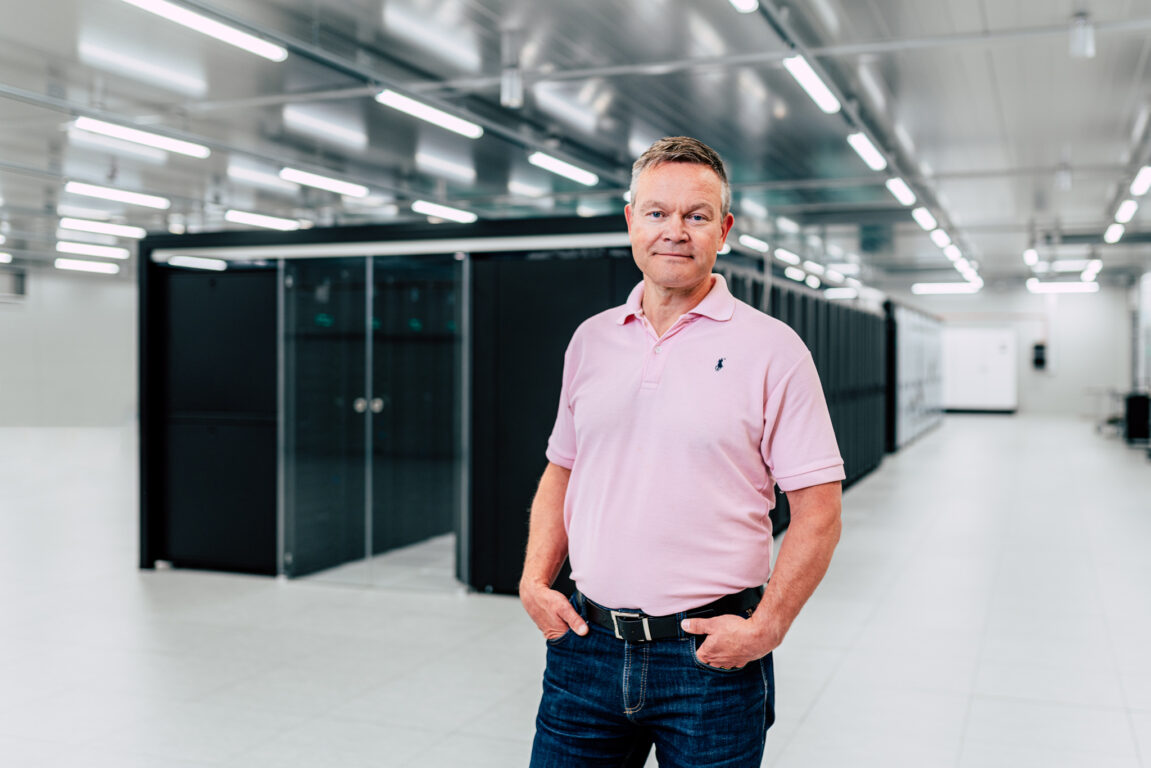
Data differs from traditional assets, such as oil or capital, in that it is not restricted to a single owner or user. One of the most unique aspects of data as an asset is that it can be shared among multiple individuals, organisations, and business units without losing its value.
In contrast to other assets, one organisation’s possession and analysis of a particular dataset does not prevent other organisations from possessing and analysing the same dataset.
Despite the benefits of sharing data, the lack of data sharing culture is one of the four challenges identified in our market research.
Why isn’t the data shared openly within the industry?
First of all, people have not properly thought about it. Organisations could benefit from openly shared data, especially as an opportunity to learn. However, there is a clear need to develop the industry mindset related to data before open and efficient data sharing could truly rise to the next level.
38 % of the respondents agree that data should be shared openly
Secondly, there is a fear of sharing. Data can also be strictly confidential, especially if it is considered as a competitive advantage for the owner of the data and is related to the core business. However, the mindset of sharing data could evolve if companies could receive something in return. In addition, the possibility to sell data could be tempting.
Another barrier to fully utilising data is that data ownership is not always clear. According to respondents in our market study, everyone wants to have ownership, as data has the potential to be monetised. Conversely, others said it is important for the data to be transparent and shared throughout the process.
Another challenge related to data sharing is the lack of a common data repository. How could data be shared between different actors, if within individual organisations there are already problems with too many software that don’t exchange information between each other? Data management practices need to be changed in a way that ensures that data is understandable, reliable, and accessible.


In a transformed industry, companies will not store data thinking that it can be used in the future, but clearly understand its use benefits and how it can be exchanged. This will allow the use of common data repositories or digital platforms, where different stakeholders can easily and seamlessly access the data they need when necessary, and be confident about its content.
A genuine data sharing culture can emerge, where stakeholders can openly share or exchange data, enabling the creation of new insights, knowledge, and services, benefitting the industry and ecosystem as a whole.
Read more about the challenges and solutions in utilising data’s full potential in our 2023 Market Research – download the report:
Download the report
Main challenges to tackle towards higher digital maturity
- Lack of quality of data
- Lack of a common data repository
- Identification of valuable data
- Lack of data sharing culture
Get in touch!

Francisco Forns-Samso
Read more our blogs

AI can revolutionise the built environment, with a little help
09.05.2025 – AI is already beginning to transform the built environment. What is Granlund’s role in this revolution, and what does it…
- Data and digitalisation

How can a construction manager make it easier to implement an international project in Finland?
15.04.2025 – Granlund’s construction management experts help international industrial and data center operators throughout the project, from selecting the location to site…

How can you measure the impacts of construction on biodiversity loss?
18.03.2025 – As much as a third of biodiversity loss is the result of construction. In our pilot project, we tested biodiversity…
- Sustainability

Proactive support for wind farm condition management
12.03.2025 – Wind farms are demanding infrastructures whose preventive maintenance is especially important in the northern conditions. Proactive condition management enables the…
- Innovations

Why ‘Excel-driven management’ fails in real estate capital planning
07.01.2025 – Decentralised systems, outdated data and inadequate cost control are a certain path to exceeding real estate project budgets. How long…
- Data and digitalisation
- Granlund Manager
- Productivity
- Property management

Technology can be the painkiller for your CSRD reporting headache
28.10.2024 – Sustainability professionals: don’t miss this prime opportunity! Use the reporting requirements as your mandate to build your sustainability dashboards and…
- Data and digitalisation
- Sustainability

Five Key Insights into the Future Superblock – Achieving Carbon Neutral Urban Planning
11.06.2024 – Local area energy plans support carbon neutral urban planning. The superblock of the future is built on these principles.
- Energy

Finland and Sweden are the best locations for data centers
06.06.2024 – Of all the countries in the world, the best locations for a data center are Finland and Sweden. We offer…
- Data and digitalisation

Going digital? Don’t forget to update your processes
09.04.2024 – Digitalisation provides an opportunity to introduce new ways of working in the real estate industry. Take these five steps for…

Development of sustainable solutions expands from real estate to city blocks
06.02.2024 – At the moment, all development activities are focused around mitigating climate change. We must find new ways of reducing emissions.
- Data and digitalisation
- Innovations
- Sustainability
Subscribe to our newsletter
Be among the first to hear about the latest news and trends relating to Granlund and the real estate and construction sectors
